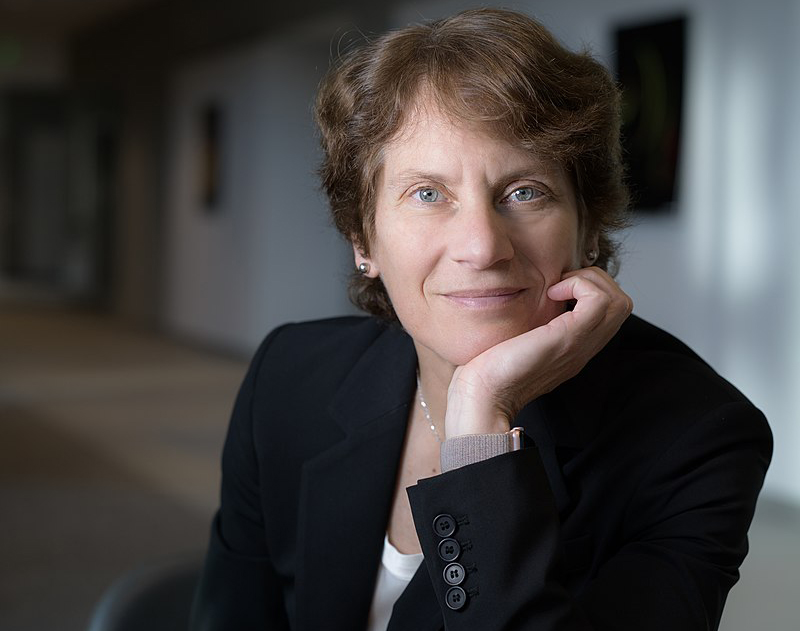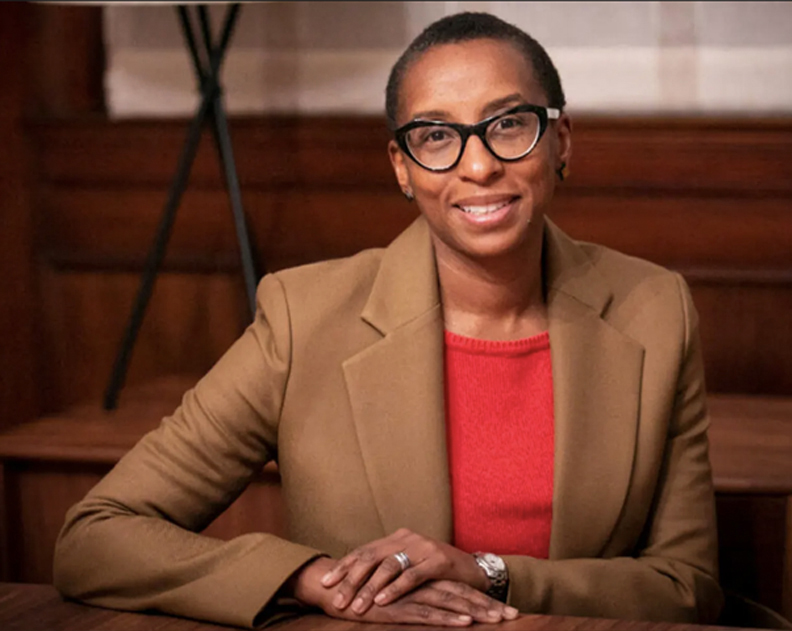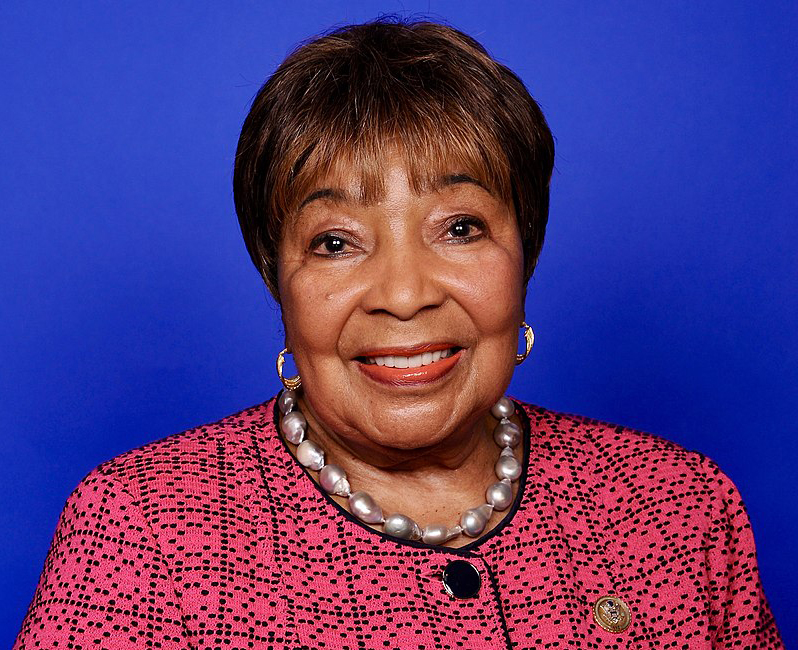|
Dear Colleagues, I am pleased to include the first issue of RFS Briefings for 2023 with some timely and encouraging updates on women in science. Please continue to share important news and opportunities with us so that we may share it with you and others who are committed to supporting the careers of exceptional women in science. Wishing you a happy & healthy New Year,
Karla Shepard Rubinger
White House convenes summit on STEMM equity and excellence.
The White House convened a summit on science, technology, engineering, mathematics, and medicine (STEMM) Equity and Excellence to signal the importance of advancing diversity, equity, and inclusion efforts to achieve scientific excellence. “An equitable science isn’t a luxury, but a necessity if we want to live in a country that is just and that can compete globally in the 21st century,” said Sam Gill, president and CEO of the DDCF. Read more. A bit of chemistry, a bit of rock ’n’ roll. Nobel laureate Carolyn Bertozzi demonstrated talent for science, creativity even as undergrad.
Carolyn Bertozzi’s lab invented bioorthogonal chemistry, which allows chemists to bring molecules together safely in a biological setting. This breakthrough enables chemists to develop new medicines, target medicines toward certain tissues, and see biological molecules in living organisms. Image: Wikipedia. Read more. Harvard names Claudine Gay as the first Black president of university.
Harvard University recently announced that Claudine Gay will become its 30th president, making her the first Black person and the second woman to lead the Ivy League school. Image by Stephanie Mitchell/Harvard Staff Photographer Read more. Confronting racism in Black maternal health care in the United States. Ten simple rules for empowering women in STEM. “The More Inclusion We Have in Science, the Better Outcomes We’ll Get.”
Congresswoman Eddie Bernice Johnson spent five decades in public service, during which she ushered through landmark science and technology legislation and helped to advance opportunities for all Americans. She was also the first woman and the first Black legislator on the House Science Committee. Johnson recently sat down with Issues editor Molly Galvin to discuss the 15 minutes that determined her career in politics, how the semiconductor chip transformed Dallas, and her hopes for the future of the scientific enterprise. Read more. Image: Wikipedia. Asian researchers face disparity with key U.S. science funding source. Funding opportunity: Science, Technology, Engineering and Mathematics Education Individual Postdoctoral Research Fellowships (STEM Ed IPRF). Climate Enforcers Need Hard Evidence. Friederike Otto Has It. Barcelona City Council and BIST join forces to promote women’s leadership in science. Marianna Limas, Social Media Manager |




